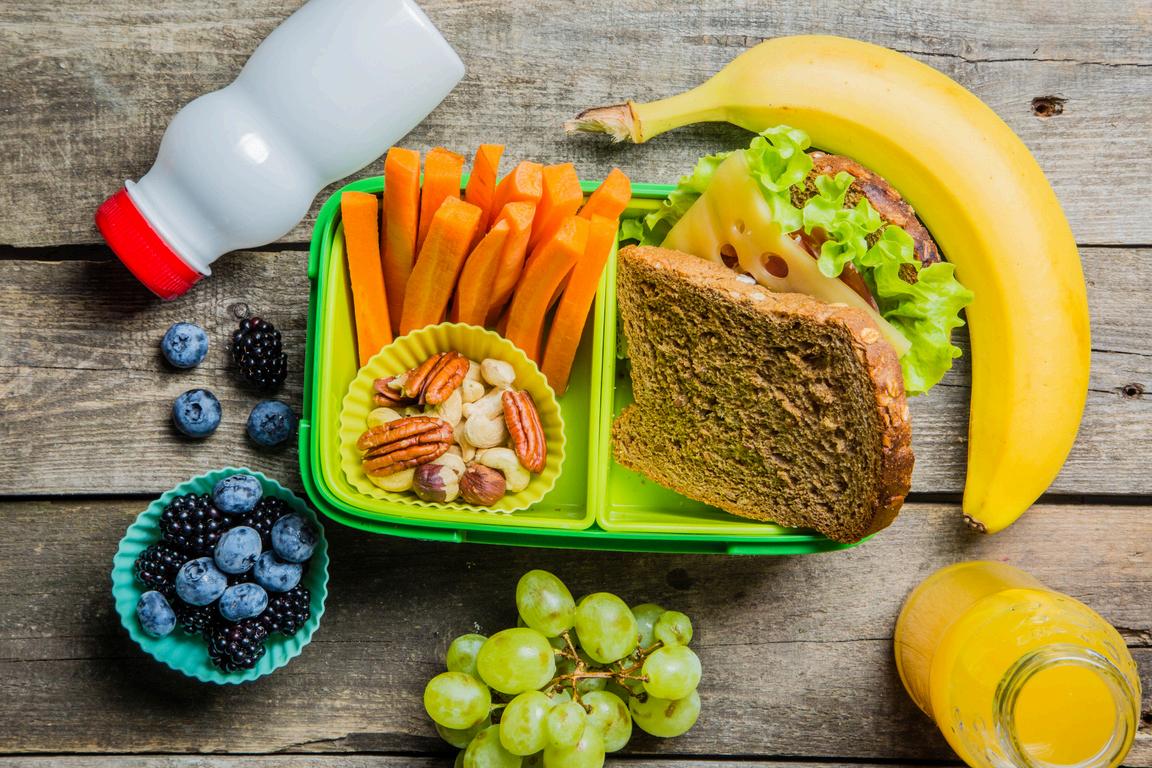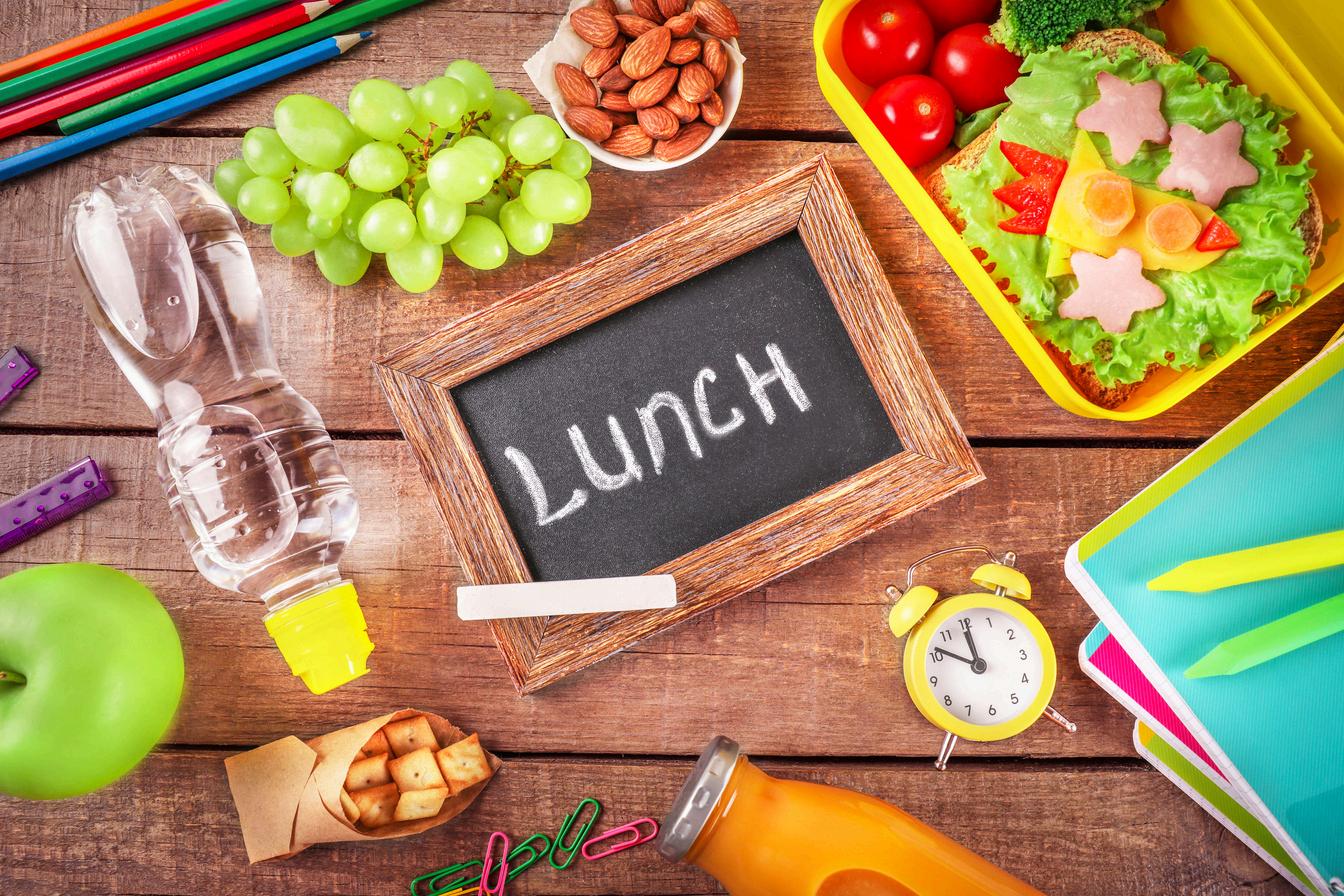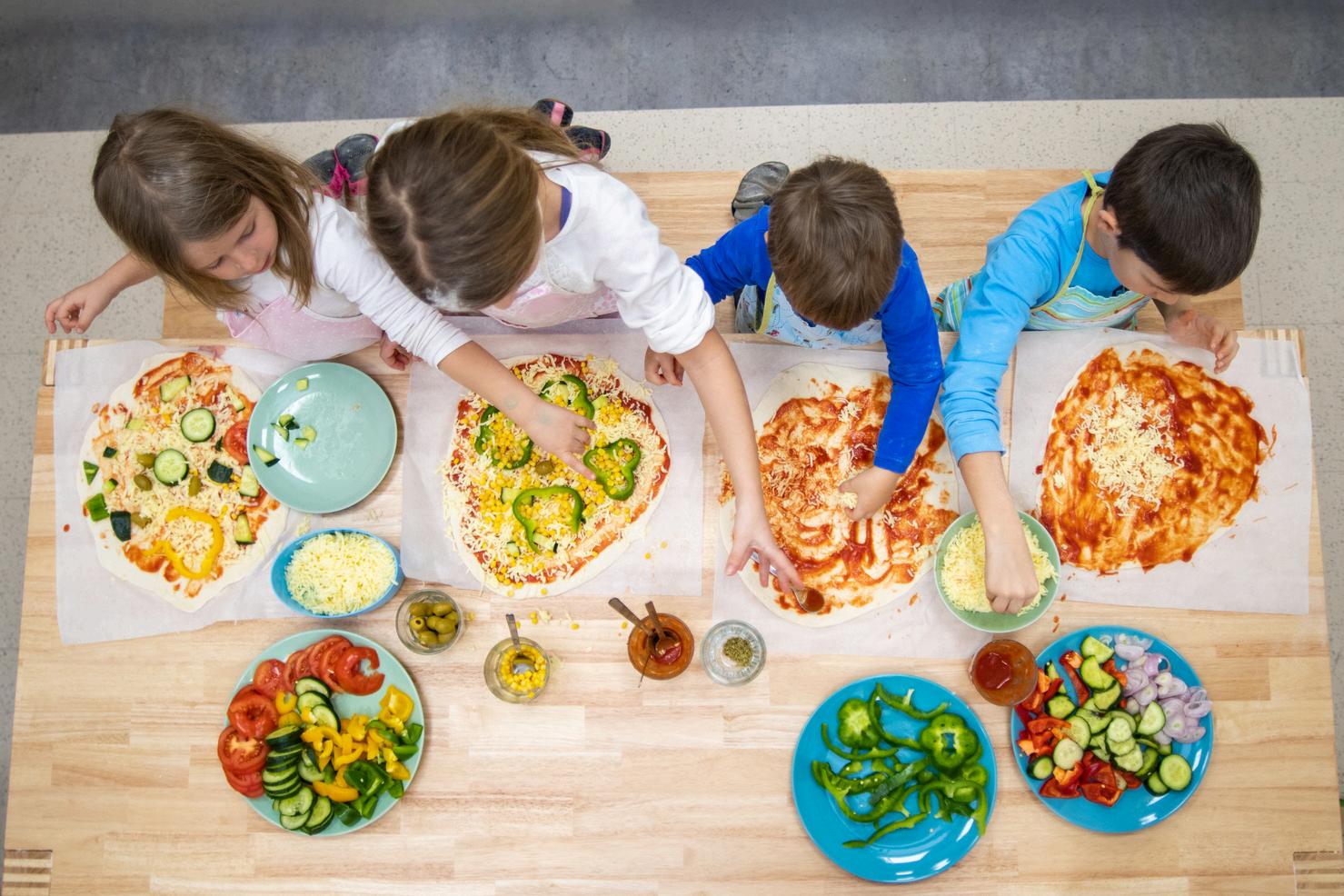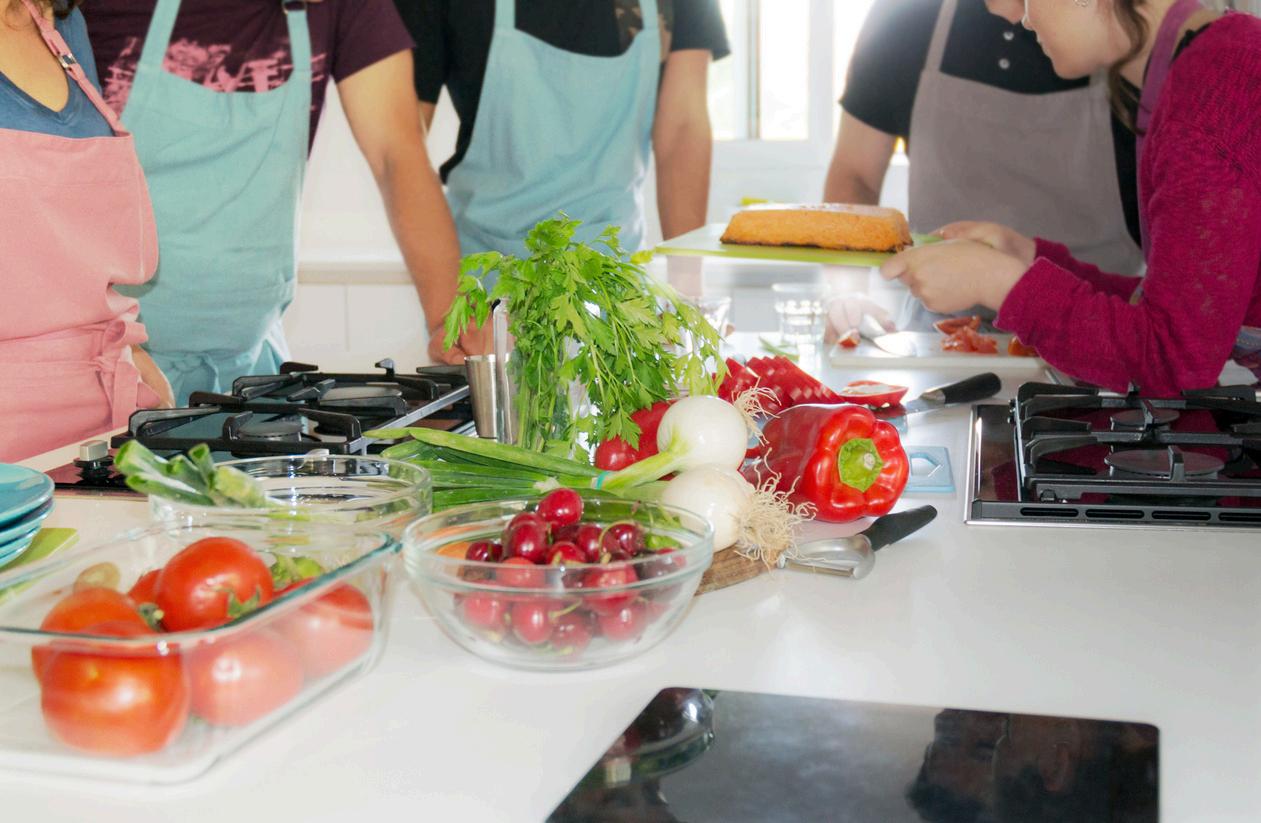

















Growing up celiac presents many challenges for our children. Use this guidebook to educate your family on this new diagnosis in order to have a worry free new school year.
What's normal for most kids can be a minefield of uncertainty for kids with celiac disease. School lunches, social gatherings, and classroom celebrations for example.
But educating other kids and teachers goes a long way to making sure cross-contamination and accidental gluten consumption doesn't happen.
We can help kids feel safe by turning them into passionate advocates for celiac disease. This includes the spreading and promotion of awareness and inclusion for those living with the condition. for
Celiac disease can cause fear and anxiety in kids – from eating the wrong thing to contamination concerns..


Make events safe and enjoyable with a few simple tips.
Before any special occasion involving food, discuss the event and food arrangements with the teacher in advance. Ask if you can be involved in the planning process to ensure gluten-free options are available.
Have a bag of gluten-free treats your child loves in the teacher’s desk to be used anytime. There'll always be something your child can eat without worry so they feel included.
If the school provides snacks or treats, check labels to ensure they're gluten-free.
Encourage the teacher to conduct a simple education session with the class about celiac disease. This raises awareness and fosters empathy among classmates.
Encourage your child to politely decline any treats they're unsure about and to inform the teacher if they are offered something that contains gluten. Empowering them to speak up for their needs can boost their confidence and help keep them safe.
Ensure a safe and inclusive environment for students with celiac disease or gluten sensitivities by familiarizing yourself with essential resources. Celiac Canada offers a variety of tools and guidelines to help educate on the do’s and don’ts of eating gluten-free. Learn more here.


Airborne flour can be an issue for people with celiac disease. It may not be safe for your child to participate in cooking classes.
At the beginning of the year, ask your child’s teacher if there are any cooking modules in the curriculum.
Ask if recipes could be adapted to be safe for your child, or whether another recipe could be substituted.





1 2 3
Empowering a child with celiac disease is crucial for navigating life confidently and independently while managing their condition effectively. Use these strategies to empower your child to speak for themselves.
Education and Understanding: Educate your child about celiac in an age-appropriate manner. Help them understand what gluten is, how it affects their body, and why a gluten-free diet is essential Empower them to make informed decisions about their health.
Open Communication: Encourage discussion about your child's feelings and experiences related to celiac. Listen to their concerns, answer their questions, and provide support. Make them feel comfortable discussing any challenges they face due to their condition.
Advocate Together: Teach your child how to advocate for themselves and their dietary needs. Role-play different scenarios, so they know how to communicate with teachers, friends, and other adults about celiac disease and the importance of avoiding gluten.

4 5 6 7 8 9 10
Involve Them in Food Choices: Take your child grocery shopping and involve them in choosing gluten-free foods they enjoy.
Cooking Skills: Encourage your child to learn basic cooking skills. Kids who cook, eat better, and learn a life-long skill making their own gluten-free meals and treats.
Teach Label Reading: Teach your child how to read food labels to identify glutencontaining ingredients as soon as they're able so they can make safe choices when choosing packaged foods
Positive Reinforcement: Celebrate successes. Positive reinforcement boosts your child’s confidence and motivates them to continue making healthy choices.
Lead by Example: If you or other family members also follow a gluten-free diet, model healthy behaviors and attitudes towards food. Emphasize that a gluten-free lifestyle can be enjoyable and fulfilling.
Focus on Strengths: Building a strong sense of self-worth will help them face challenges with resilience.
Celebrate Differences: Emphasize that everyone is unique and that having Celiac disease is just one aspect of who they are.


If contamination happens, what should you do? Have a game plan.

Don't worry. A single gluten exposure is not linked with an increased likelihood of long-term complications.
Tell a safe person. Ask your child to tell their teacher, classroom aid, or office they're not feeling well.
Call home. Depending on the child’s reaction, the school may wish to call home. Ensure your contact information is up to date.
Have a plan for your child if they need to come home.
If your child does not need to come home, instruct the school that water and rest are best.

Facebook group:
Join the CCA’s Facebook group and connect with parents who have experience raising a child with celiac disease.
Teacher brochure:

Find this resource on our back to school page with all the updated information.
School letter:
Find this download on our back to school page to share with teachers and staff in your child's classroom.

Click the Link to watch our parent experts!




Contact school staff about your child's CD
Provide teacher a copy of the CCA brochure
Provide the office a copy of the CCA letter
Label lunch box, water bottle and any other relevant
personal items with a GF sticker
Book a meeting with the teacher and principal to
discuss safety plan curriculum
Ask about any cooking class planned in the For younger students, ask about classroom Play Doh
Pack emergency GF snacks to keep in the
teacher’s desk for unexpected situations
Remind your child not to share food with other children
Review hot lunch programs offered
